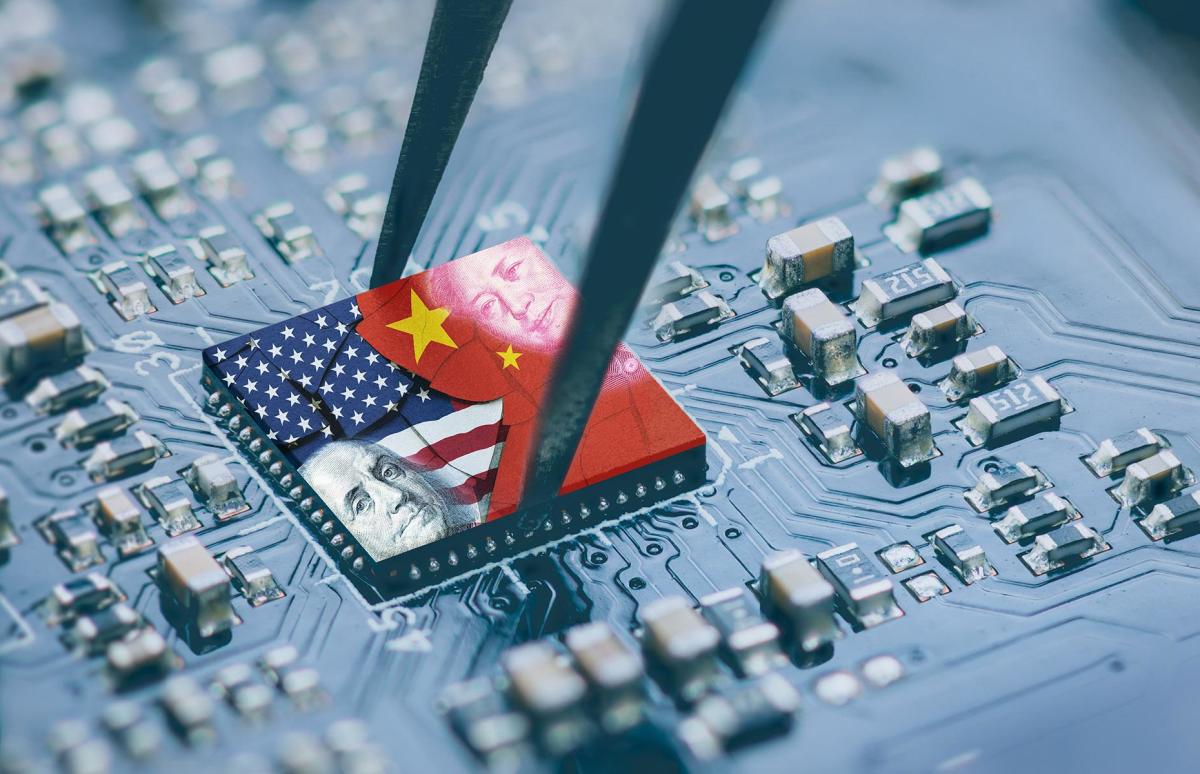The U.S. government has introduced new measures to curb investments in China's high-tech industries, aiming to protect national security. These regulations, managed by the Treasury Department, will require companies to notify the government before making investments in sensitive sectors such as artificial intelligence (AI), semiconductors, microelectronics, and quantum computing.
The new rules focus on areas where advanced technologies could potentially enhance China’s military capabilities. This follows the U.S.’s earlier move in October 2022, which imposed export controls to block China’s access to advanced semiconductor technologies critical for AI development. In addition, tariffs on Chinese imports were increased as part of this broader strategy.
The push to restrict investments has grown over time, with national security concerns and military competition at the forefront. Back in 2018, the Trump administration started imposing tariffs on Chinese goods and placing limits on Chinese investments in U.S. technology sectors. The main reason behind these actions was the risk of “forced technology transfer” and the potential military uses of advanced technologies.
Under the Biden administration, this approach has remained consistent, as the U.S. seeks to prevent its technology from advancing China’s military modernization, which could undermine America’s strategic interests.
Since mid-2023, the Treasury Department has worked on these restrictions, initially proposing a ban on specific investments in China. After gathering public feedback, the department refined the rules to strike a balance between protecting U.S. security and maintaining commercial ties. The final regulations now reflect a more nuanced approach to the complex relationship between the two nations.
The Treasury Department emphasized that the potential military, surveillance, and cyber applications of these technologies pose serious risks to U.S. national security, particularly when developed by a country seen as a strategic rival. These new measures highlight the growing importance of controlling technological innovations that could have significant implications for both economies and national defense.
TECHRADAR
Read More






 Saturday, 31-01-26
Saturday, 31-01-26







